How to unblock a basin
There’s nothing worse than a blocked sink to disrupt the flow of daily life. Fortunately, it’s an easy enough problem to solve. Once resolved your basin will be fully functional again and much needed order will be restored.
Before you begin, lay an old dust sheet to protect the floor from any spillages.
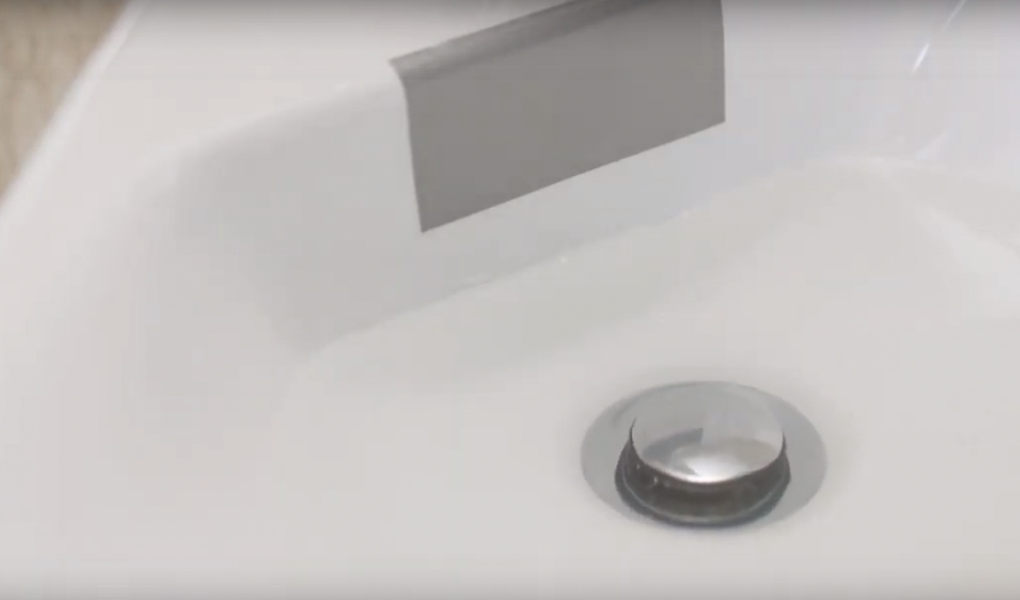

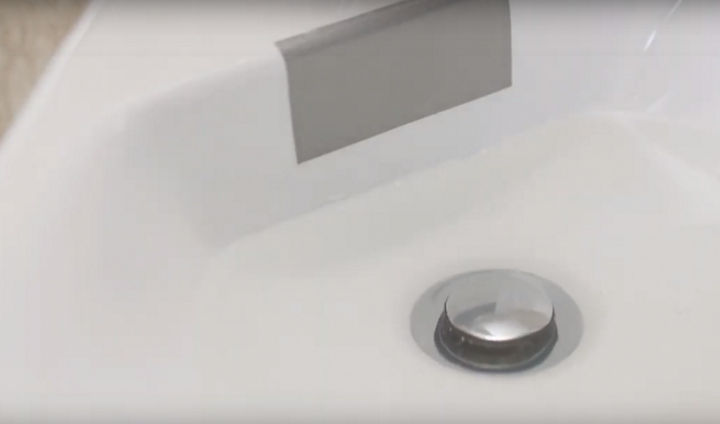
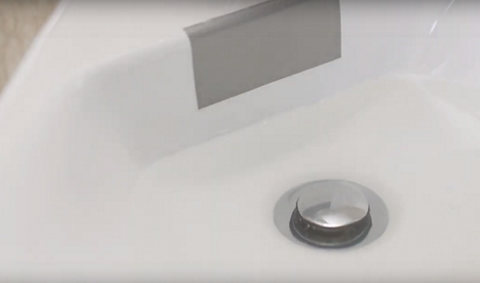
1. Block the overflow
Clean and dry the overflow and surrounding area. Then block off the overflow with tape, making sure the seal is airtight. You can use any tape that will stop air passing through. Make sure the plug hole is open.
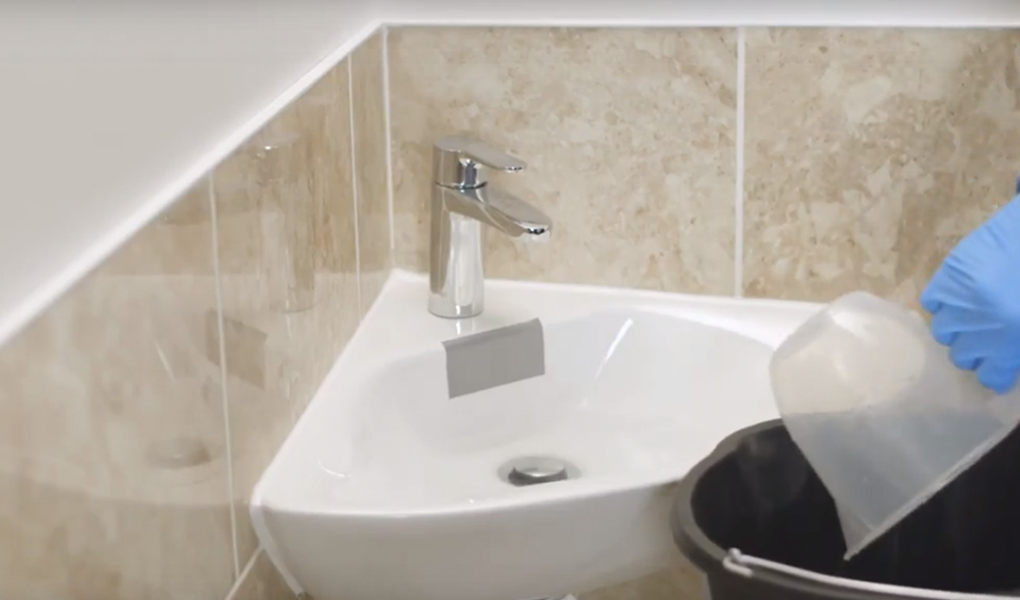

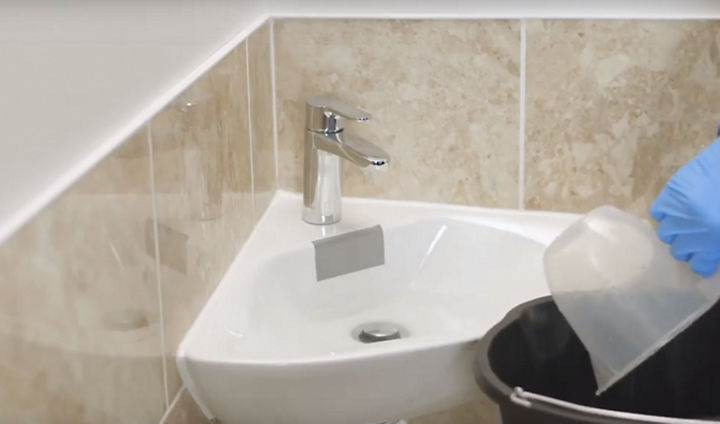
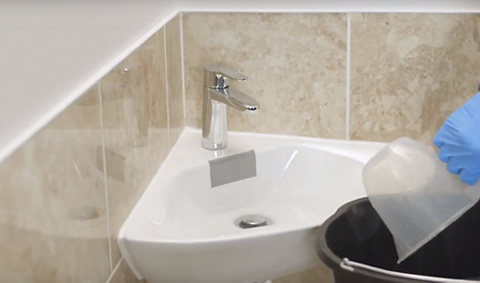
2. Remove water
If the basin is full of water, remove it using a bucket and then pour in enough warm water to submerge the head of the plunger.
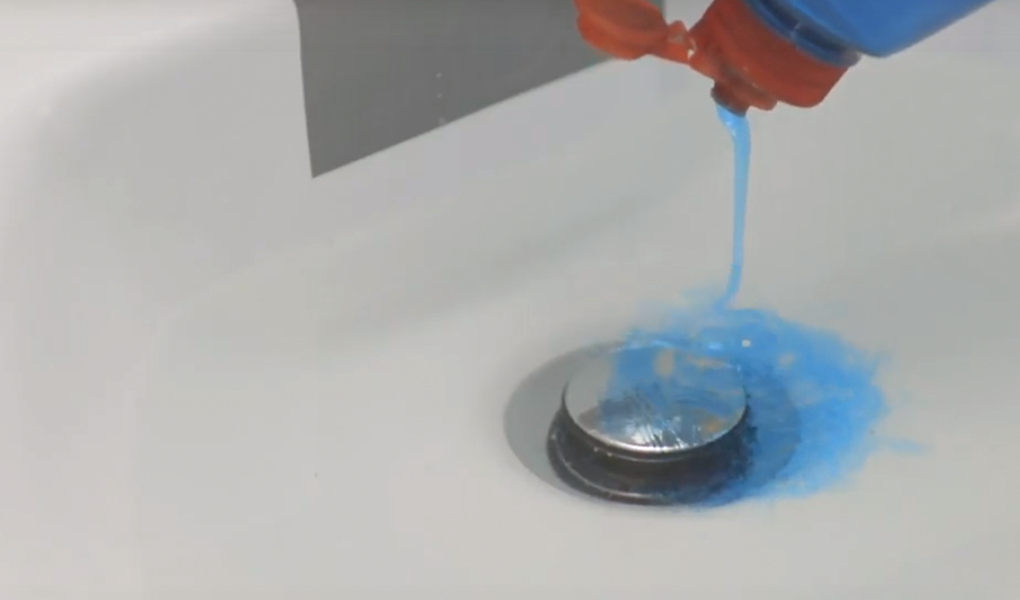

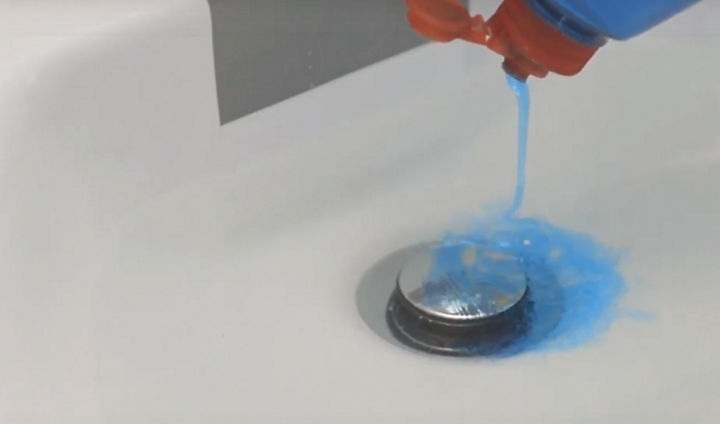
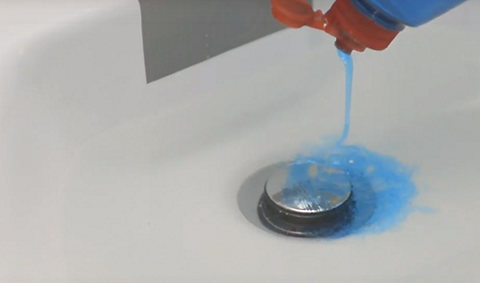
3. Pour detergent into the basin
Pour a generous amount of detergent into the bowl. This will sink down through the water to the blockage and help lubricate its movement.
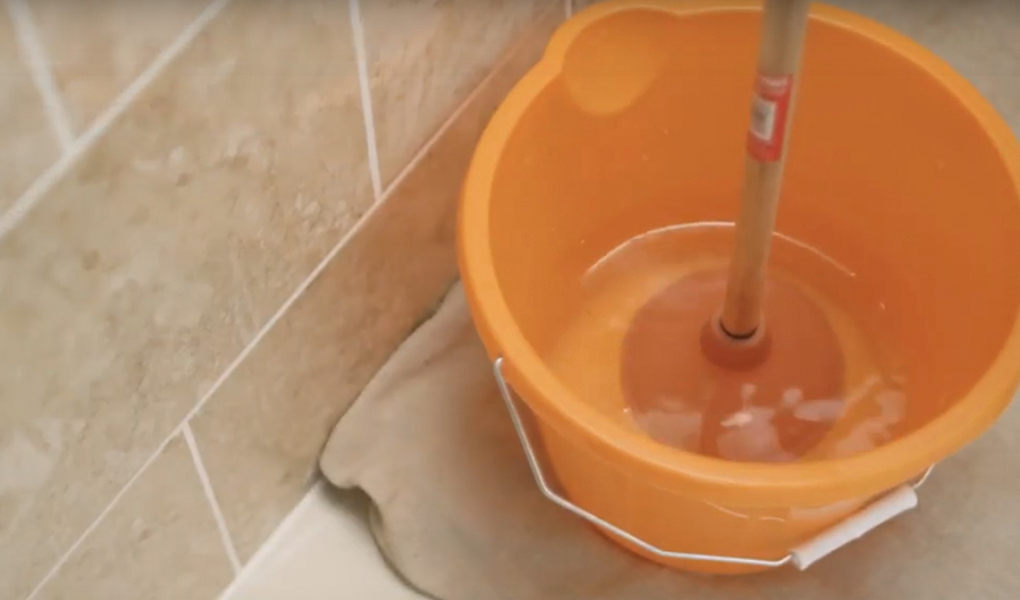

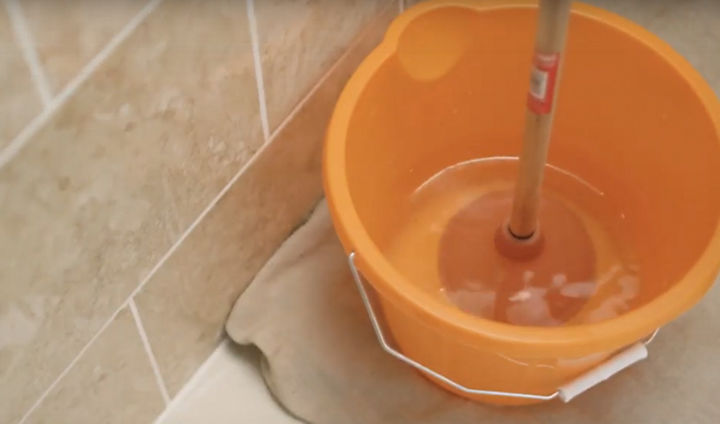
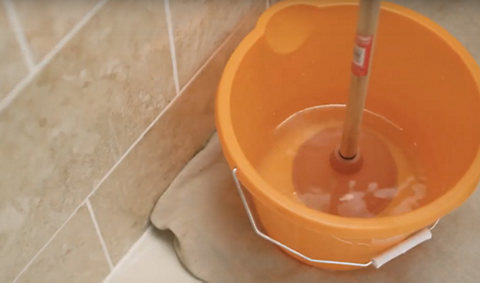
4. Warm the plunger with water
Submerge the plunger in a bucket of warm water to make it more flexible and easier to use.
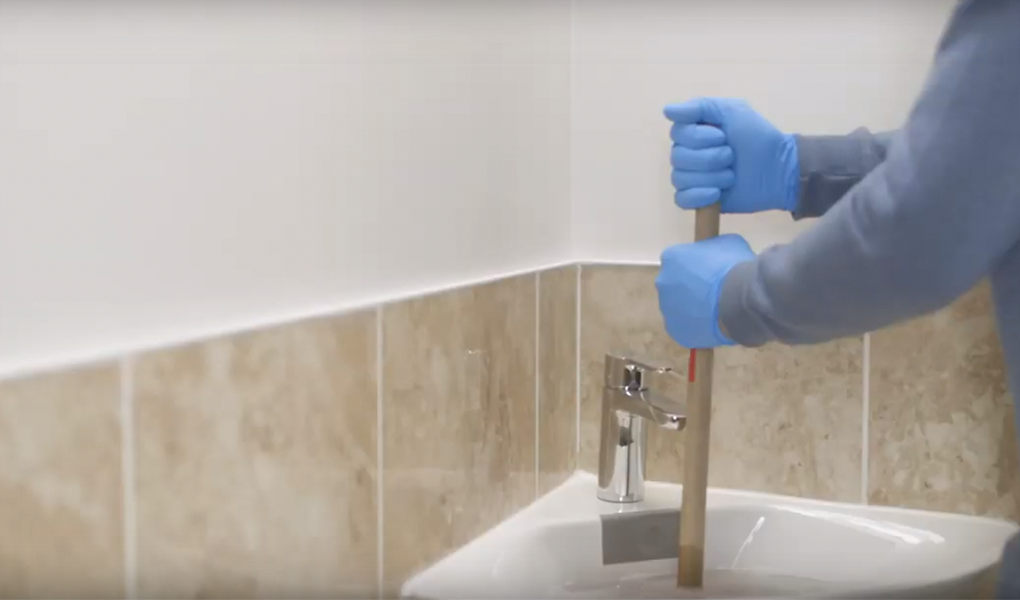

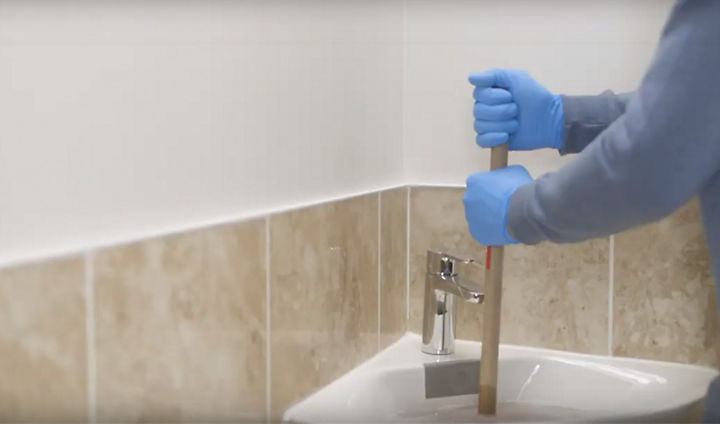
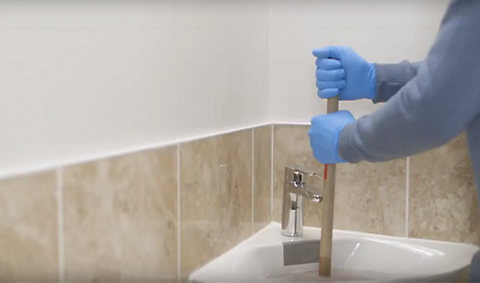
5. Push the plunger downwards
Ensure you position the plunger so it creates a seal around the plughole. Once there is a vacuum, gently but firmly push downwards several times. This forces the water against the blockage and pushes it along the waste pipe.
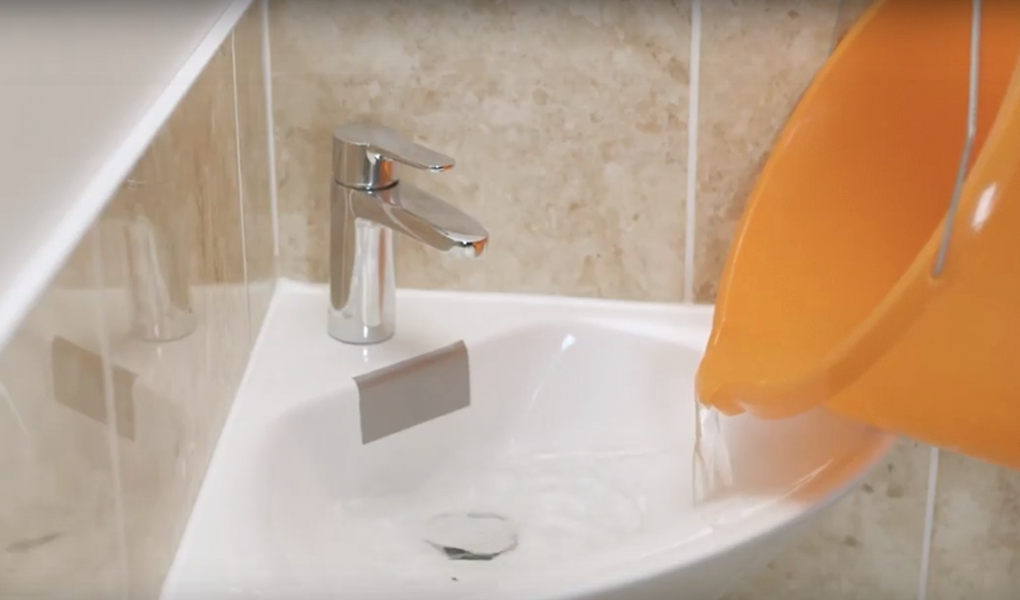

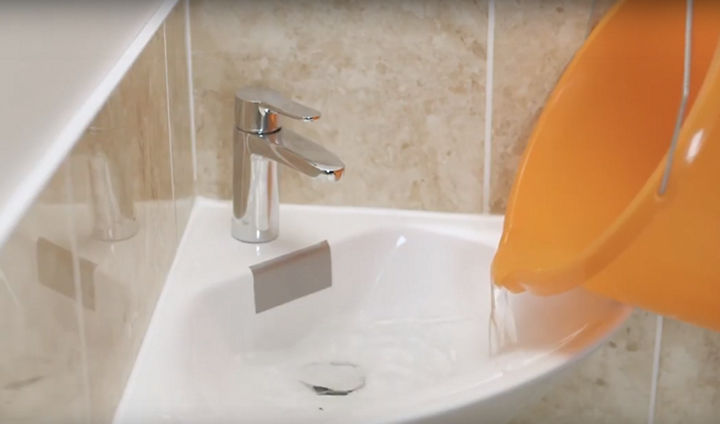
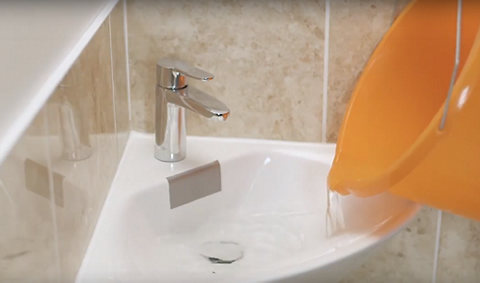
6. Add warm water to the basin
If the water drains from the basin, add some more warm water and keep using the plunger until you're sure that the blockage has cleared completely.
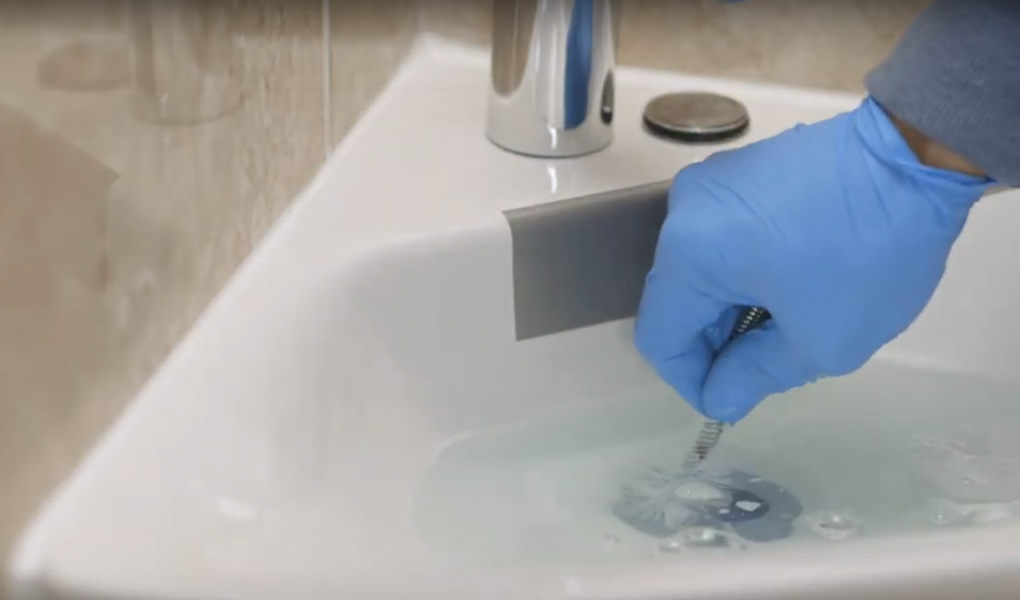

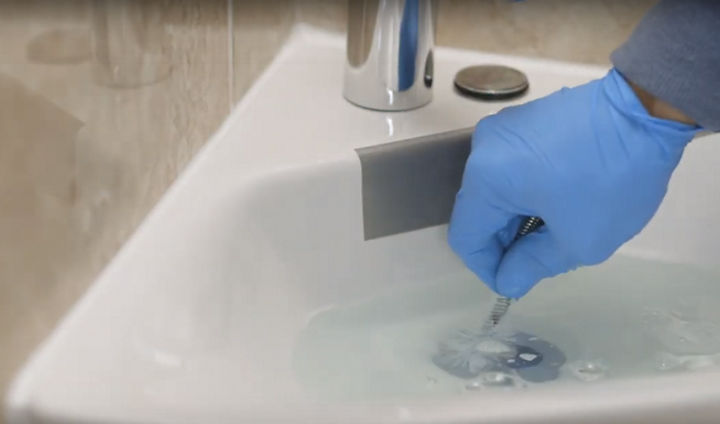
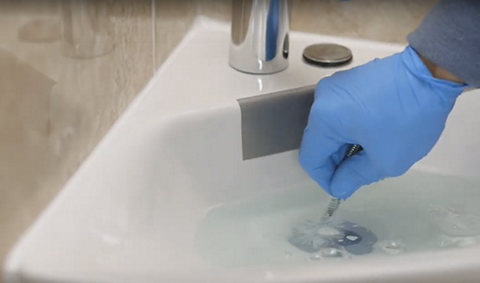
7. Use a wire drain unblocker
If the plunger is not sufficient, use a flexible wire, drain unblocker hose or a draining rod. Insert into the plughole and manually push the blockage out of the way. Once you’re sure it’s clear, run the taps to make sure the problem is solved.